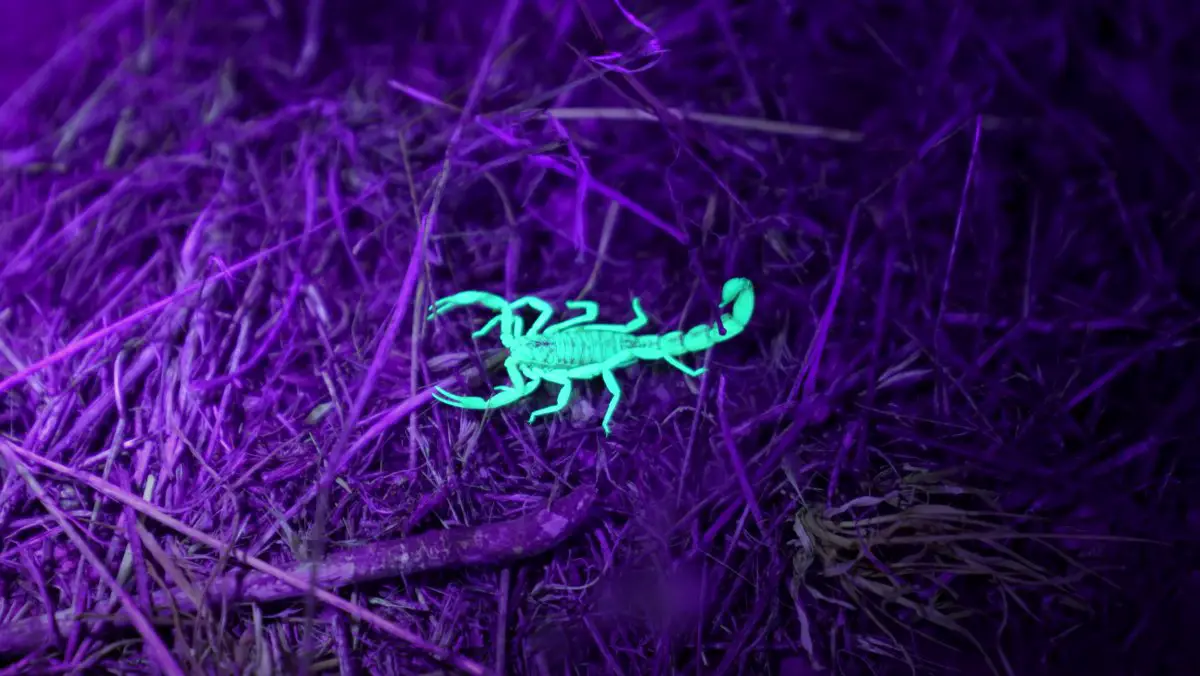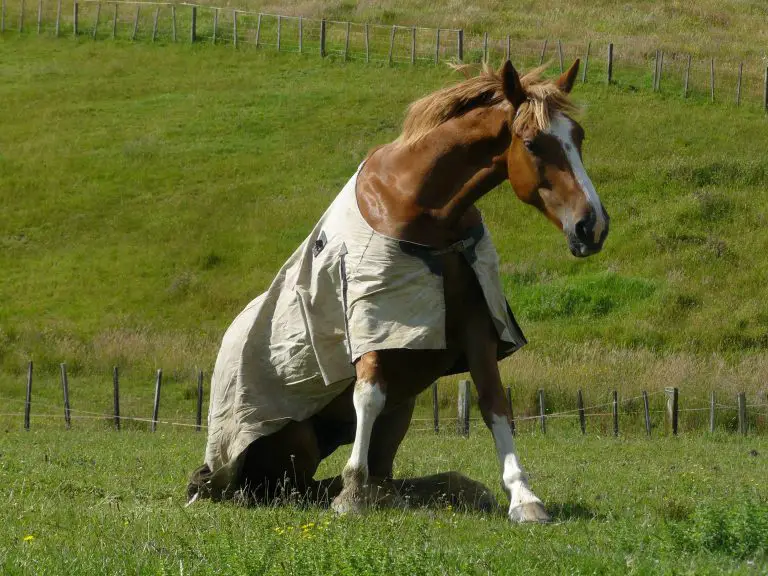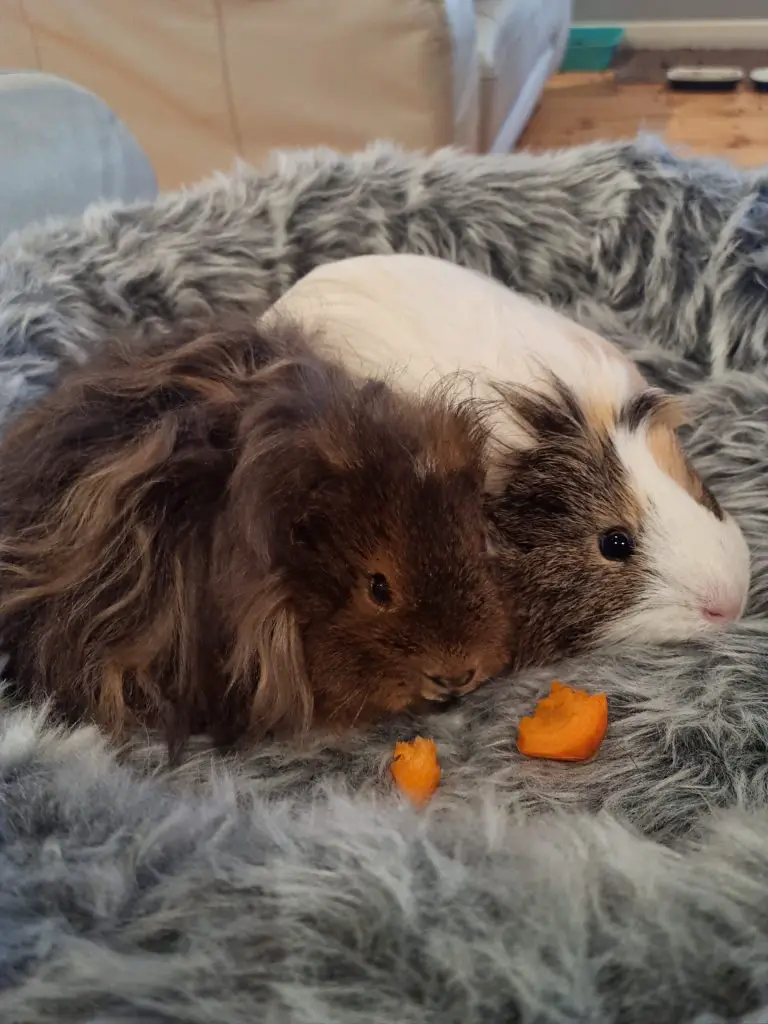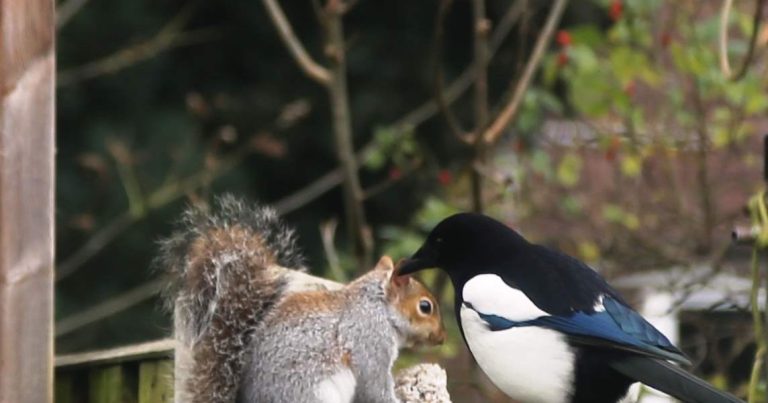Do Scorpions Recognize Their Owners?
Scorpions do not recognize their owners; they do not have the cognitive ability for such recognition. Scorpions, often associated with danger and fear, are arachnids belonging to the class Arachnida.
With over 2,500 species worldwide, these fascinating creatures have adapted to survive in a variety of habitats, from deserts to rainforests. Despite their unique characteristics and intriguing behaviors, scorpions lack the ability to recognize specific individuals, including their owners. Their mental capacity is limited to basic survival instincts, such as hunting for food, avoiding predators, and reproducing.
While scorpions may display preference towards familiar scents or environments, their interactions with humans are primarily driven by their innate instincts rather than any recognition or attachment. Let us explore further to understand the fascinating world of scorpions and their unique behaviors.
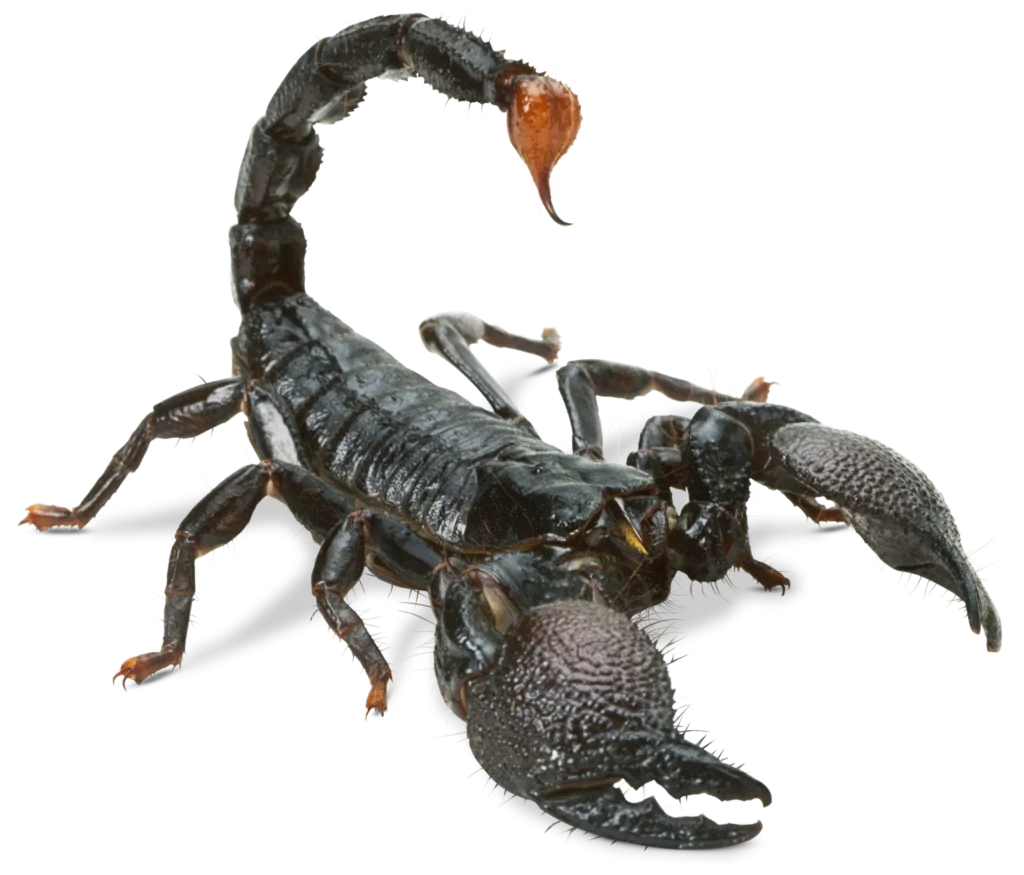
Understanding Their Perception Abilities
Scorpions possess limited perception abilities and lack the capacity to recognize their owners. While they may become accustomed to human presence, their interactions are primarily driven by instinct rather than personal recognition.
Scorpions may not be the first creatures that come to mind when thinking about recognizing their owners, but they do possess unique perception abilities. Understanding how scorpions perceive the world around them can shed light on their potential for recognizing their owners.
Let’s delve into their sensory systems and explore the factors that can influence their recognition abilities.
Scorpion Sensory Systems
Scorpions rely on various sensory systems to navigate their environment and interact with others. These systems play a crucial role in their perception abilities, including the recognition of their owners. Let’s examine these sensory systems and their relevance to scorpion recognition:
- Visual Perception:
- Scorpions have poor eyesight and primarily use their eyes to detect changes in light and darkness.
- While they may not rely heavily on visual cues, they can still recognize familiar shapes and movements.
- Chemical Sensing:
- Scorpions have specialized sensory organs called pectines that allow them to detect chemicals in their surroundings.
- They use chemical cues, such as pheromones, to communicate and navigate their environment.
- Vibrational Communication:
- Scorpions are sensitive to vibrations and can detect minute movements in their environment.
- They use vibrations as a form of communication, allowing them to perceive potential threats or identify familiar individuals.
Evidence Of Recognition
While scorpions may not have the same recognition abilities as mammals, there is evidence to suggest that they can recognize familiar individuals, including their owners. Here are some factors that contribute to scorpion recognition:
- Familiarity with Scent:
- Scorpions have a keen sense of smell and can distinguish between different scents, including those of their owners.
- The familiar scent of their owner can elicit behavioral responses and help establish recognition.
- Behavioral Responses:
- Scorpions can exhibit specific behaviors when interacting with familiar individuals.
- They may display relaxed postures, reduced aggression, or even approach their owners when recognized.
- Associative Learning:
- Scorpions are capable of associative learning, forming connections between specific stimuli and their experiences.
- This learning ability allows them to recognize their owners based on past interactions and positive associations.
Factors Affecting Recognition
Several factors can influence a scorpion’s ability to recognize its owners. It’s essential to consider these factors when attempting to build a bond and facilitate recognition:
- Species Variations:
- Different scorpion species may have varying tendencies for recognition.
- Some species may be more social and receptive to owner recognition, while others may be more independent.
- Environmental Influence:
- The scorpion’s environment plays a crucial role in its perception abilities.
- Factors such as temperature, humidity, and habitat complexity can impact their sensory perception and recognition abilities.
- Socialization and Handling:
- Regular socialization and handling can enhance a scorpion’s recognition abilities.
- Positive interactions, consistent handling techniques, and gentle care can contribute to their recognition of their owners.
Connecting With Your Scorpion
To establish a connection with your scorpion and potentially promote recognition, it’s important to focus on creating a consistent environment, positive reinforcement training, and building a bond. Here are some strategies to consider:
- Creating a Consistent Environment:
- Set up a habitat that mimics the scorpion’s natural surroundings.
- Provide consistent temperature, humidity, and hiding spots to make the scorpion feel secure and comfortable.
- Positive Reinforcement Training:
- Use rewarding experiences, such as offering small prey items or favorite treats, to positively reinforce interactions with the scorpion.
- Over time, the scorpion may associate these positive experiences with its owner, fostering recognition.
- Building a Bond:
- Spend quality time near the scorpion’s habitat, allowing it to become familiar with your presence and scent.
- Avoid sudden movements or loud noises that may startle the scorpion and hinder recognition.
Beyond Recognition: Scorpion Interactions
Recognition is just one aspect of the complex interactions scorpions can have with their owners. Understanding their perception abilities can also shed light on their feeding behaviors, reproductive behaviors, and social interactions. Let’s explore these aspects briefly:
- Feeding Behaviors:
- Scorpions exhibit specific feeding behaviors, such as capturing prey with their pincers and injecting venom.
- Understanding their feeding preferences and providing appropriate food can strengthen the bond between scorpion and owner.
- Reproductive Behaviors:
- Scorpions engage in unique courtship rituals and mating behaviors.
- Observing and understanding these behaviors can deepen the understanding of your scorpion’s needs and promote reproductive success.
- Social Interactions:
- Some scorpions display social behaviors, including communal living or parental care.
- By providing appropriate conditions and fostering a sense of security, owners can encourage positive social interactions.
Examining Scorpion Perception Studies
Scientific research plays a crucial role in unraveling the mysteries of scorpion perception and recognition. Researchers employ various methods to gain insights into these extraordinary creatures. Let’s briefly explore the avenues of scorpion perception studies:
- Scientific Research Methods:
- Researchers conduct laboratory experiments, field observations, and behavioral studies to understand scorpion perception.
- These methods involve measuring responses to stimuli, analyzing chemical signals, and monitoring behavioral patterns.
- Case Studies and Observations:
- Researchers document individual scorpion cases and make observations in natural or controlled settings.
- Case studies provide valuable insights into scorpion perception abilities across different species and contexts.
- Current Frontiers in Scorpion Research:
- Ongoing research explores fascinating aspects, such as scorpion neurobiology, sensory adaptations, and evolutionary perspectives.
- Continual advancements in technology and research techniques enable a deeper understanding of scorpion perception.
Insights Into Scorpion Perception
By delving into scorpion sensory systems, recognition evidence, and research studies, we gain valuable insights into their unique perception abilities. While scorpions may not recognize their owners in the same way as more social animals, they possess remarkable adaptive mechanisms for perceiving and interacting with their environment.
Enhancing The Human-Scorpion Relationship
Understanding scorpion perception can contribute to the development of healthier and more enriching relationships between scorpions and their owners. By creating consistent environments, providing positive reinforcement, and building bonds, owners can foster recognition and establish a positive connection with their scorpions.
Future Research Directions
As we continue to uncover the secrets of scorpion perception, the field of scorpion research holds ample opportunities for exploration. Future research may focus on understanding the neural mechanisms behind scorpion recognition, investigating how environmental factors influence perception, and delving into scorpion cognition.
Unlocking the secrets of scorpion perception not only enhances our understanding of these unique creatures but also enables us to cultivate fulfilling relationships with them. Through careful observation, research advancements, and engaging interactions, we can continue to deepen the human-scorpion connection.
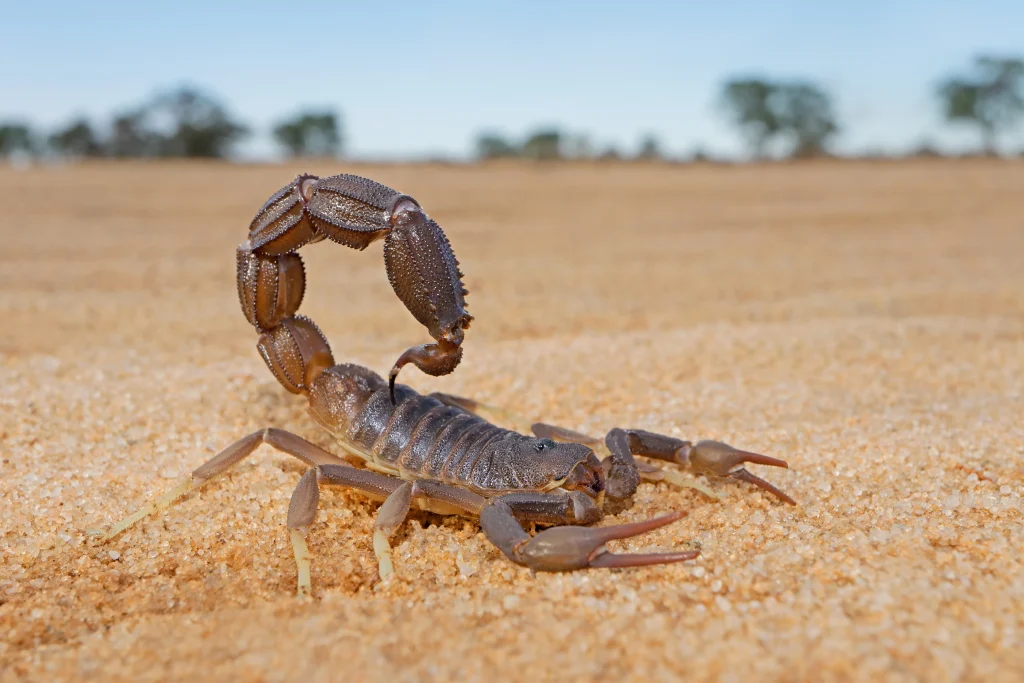
Frequently Asked Questions For Do Scorpions Recognize Their Owners?
Can Scorpions Bond With Humans?
Scorpions cannot bond with humans due to their instinctual nature and lack of social behaviors.
Do Scorpions Like To Be Handled?
Scorpions don’t enjoy being handled due to their instinctual defense mechanisms and potential for danger.
Can Pet Scorpions Be Friendly?
Yes, pet scorpions can sometimes be friendly if they are handled properly and socialized from a young age.
What Is The Friendliest Scorpion?
The friendliest scorpion is the Emperor scorpion, known for its calm nature and non-aggressive behavior.
Conclusion
Overall, while the idea of scorpions recognizing their owners may sound intriguing, the scientific evidence suggests that scorpions do not possess the cognitive capability for such recognition. These ancient arachnids primarily rely on their natural instincts for survival and are not wired to form social attachments or recognize specific individuals.
While scorpions can exhibit behaviors that may seem like recognition, such as responding to their owners’ scent or touch, these responses are more likely based on conditioned learned behaviors rather than true recognition. Additionally, scorpions primarily rely on their sense of vibrations and chemical cues to navigate their environment and identify potential threats or prey.
Therefore, it is important for scorpion owners to focus on creating an ideal environment that prioritizes the creature’s instinctual needs rather than attempting to establish a personal connection. By understanding the natural behaviors and limitations of scorpions, owners can provide the best care and ensure the well-being of these unique creatures in captivity.

